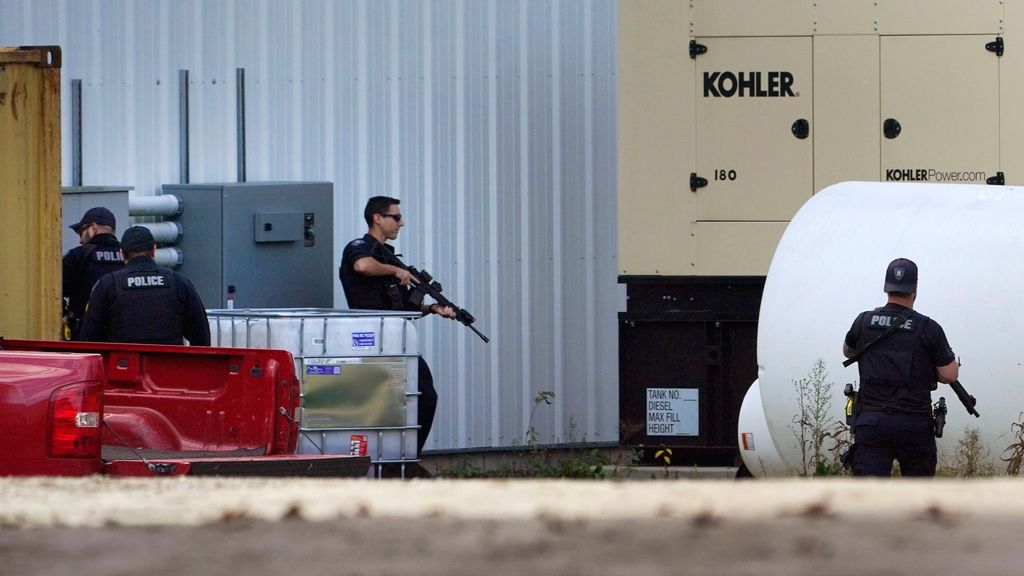Maine Democrats unveiled new gun and mental health legislation Wednesday in response to the October mass shootings in Lewiston.
The bills propose to put more funding into mental health services to make them more widely available and create a new statewide active shooter alert system.
A second bill proposes a 72-hour waiting period between when a gun is purchased and when it can be picked up. Yet another would ban devices that convert guns from semi-automatic to automatic.
Sen. Peggy Rotundo, who represents Lewiston where 18 people were killed Oct. 25, said her community is still healing.
“I come from a community with broken hearts and shattered lives,” she said. “I come from a community where many people are still afraid to go out in public. I come from a community where there are families who worry when their children go off to school and wonder if those children will come home safely at night.”
She said while she can’t bring back the 18 people who were killed Oct. 25, she will work as a legislator to make changes where possible. She’s sponsoring the bill for the 72-hour waiting period, which failed to pass last year.
She believes the bill may succeed this time around because she said the landscape in Maine has changed since the shootings.
The bills now moving forward from Democrats are in addition to ideas from Gov. Janet Mills, who is seeking to require background checks for advertised gun sales and strengthen the state’s mental health system.
She’s also proposing a change to the state’s yellow flag law to help law enforcement more easily get permission to take guns away from those who are suspected of being a danger to themselves or others.
On Oct. 25, Robert Card, 40, of Bowdoin, killed 18 people and wounded 13 others at a bowling alley and a bar in Lewiston. Police put the city and surrounding areas into lockdown as they searched for Card for two days.
His body was found in a recycling trailer after about 48 hours. He died of a self-inflicted gunshot wound.

Since then, a panel has begun an investigation into whether warning signs of Card’s deteriorating mental health were missed and whether law enforcement could have done something to prevent the tragedy.
Over the summer, Card spent two weeks in a psychiatric facility after fellow Army reservists became concerned about his behavior during a training mission.
The House and Senate Democrats said Wednesday that they felt compelled to offer their own solutions in the wake of the shootings. Senate President Troy Jackson (D-Allagash) said he’s a sportsman who believes the time is now to change Maine gun laws.
Maine ranks 25th in the nation on the strength of its gun laws, according to Moms Demand Action, which expressed support for the new bills being proposed on Wednesday. The Maine Gun Safety Coalition also said it will work to advance the legislation but said lawmakers should have included an assault weapons ban.
“The policy proposals released today are an incredible start, but we need to also take steps to keep weapons of war out of the hands of dangerous people,” said Nacole Palmer, executive director of the coalition.
Jackson said they are trying to balance the state’s long hunting tradition with the needs of those who fear continued gun violence.
“There has to be a way for level-headed people to come together and figure out a way that could possibly stop, or make it harder, for anything like this to happen again,” Jackson said.
With the results of the shooting investigating still pending — and a shortened legislative session set to end in mid-April — Democrats said Wednesday they are moving ahead with bills they believe will make Mainers safer.
But they also described the bills as a starting point for future negotiations.
Some of the measures go beyond what Mills put forward.
“This is not a competition with the governor,” House Speaker Rachel Talbot Ross (D-Portland) said. “This is a collaboration with the governor. This is not outside of what we believe the governor strongly believes in.”



